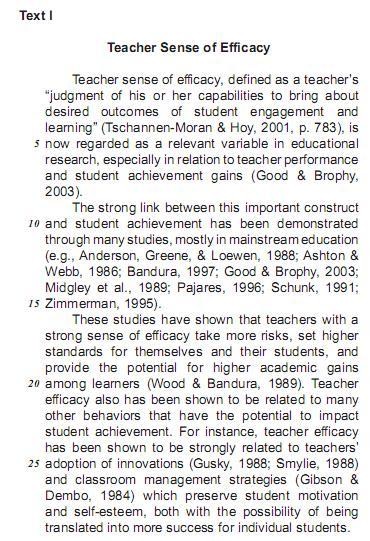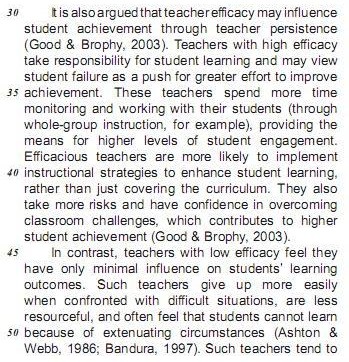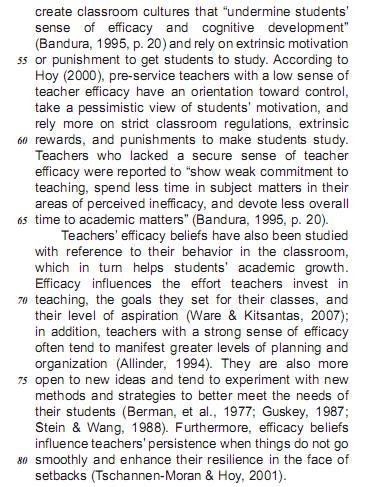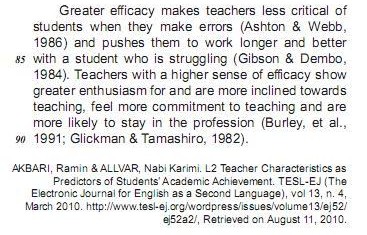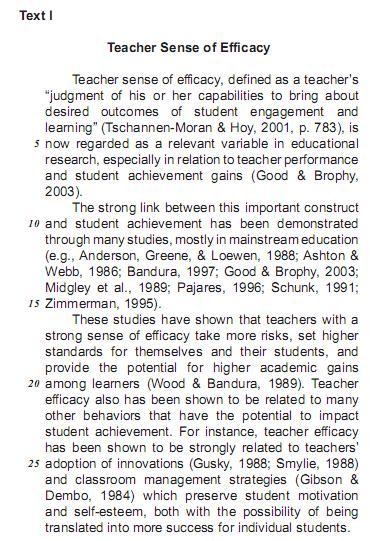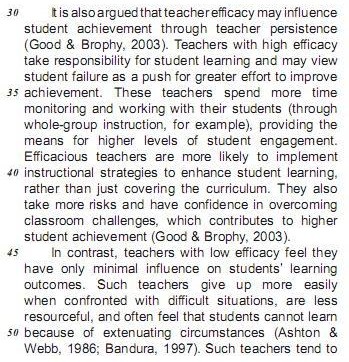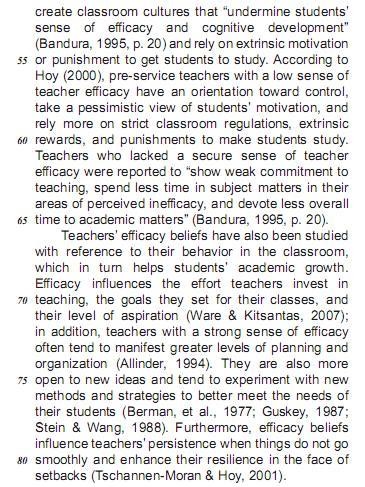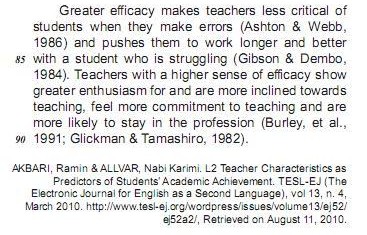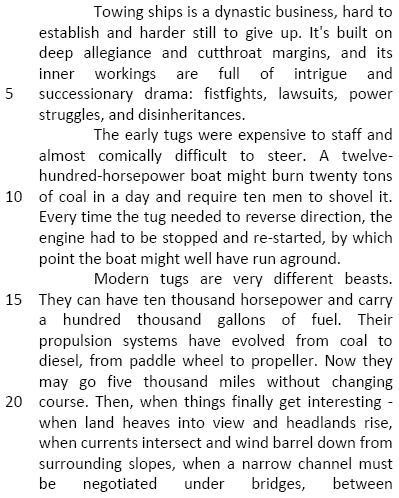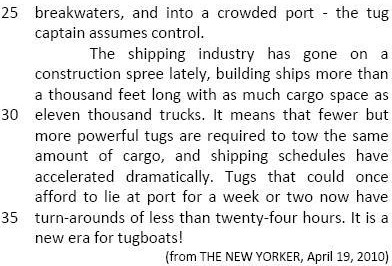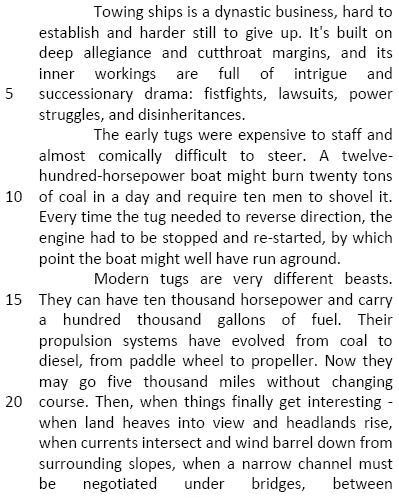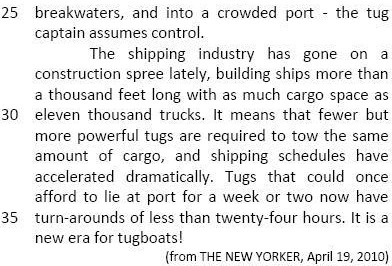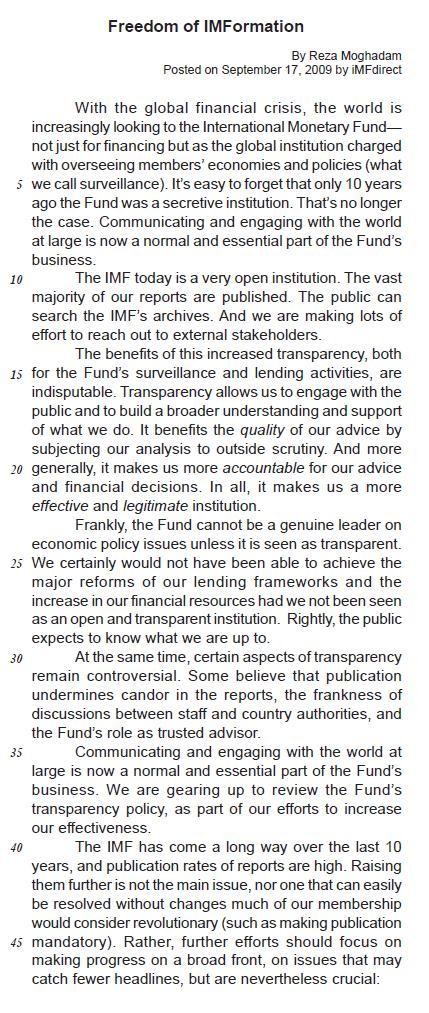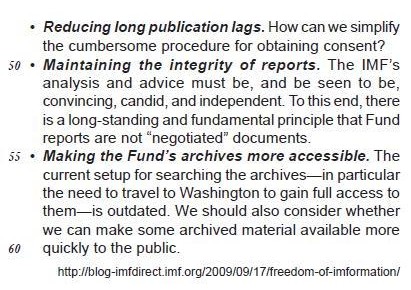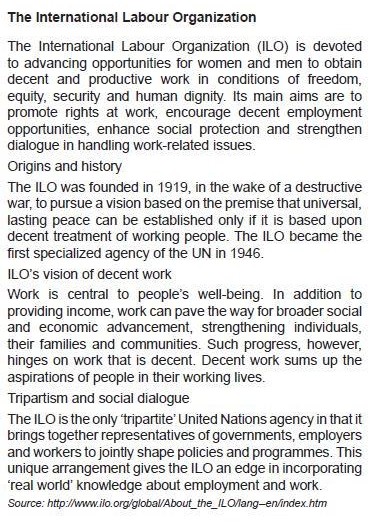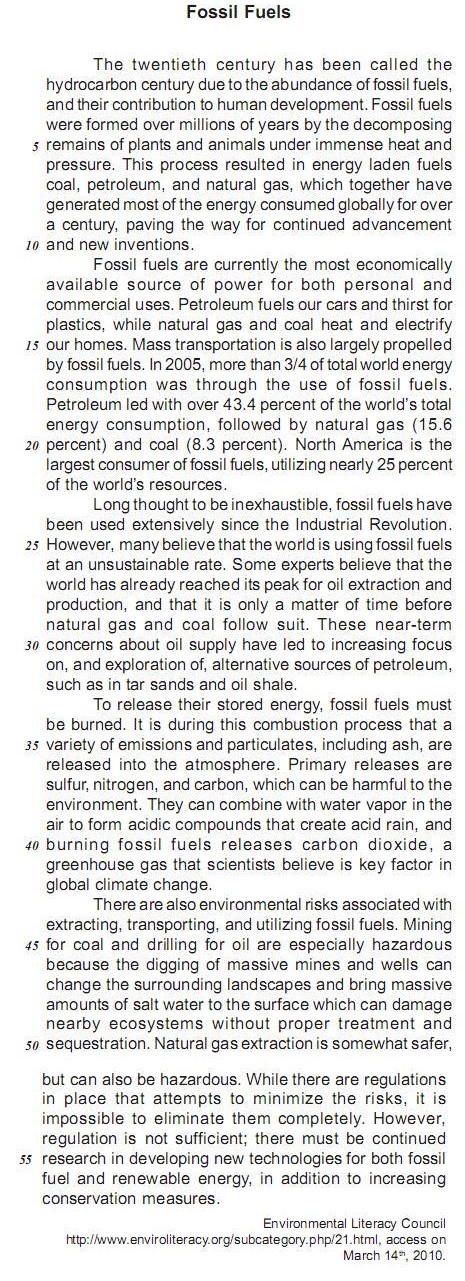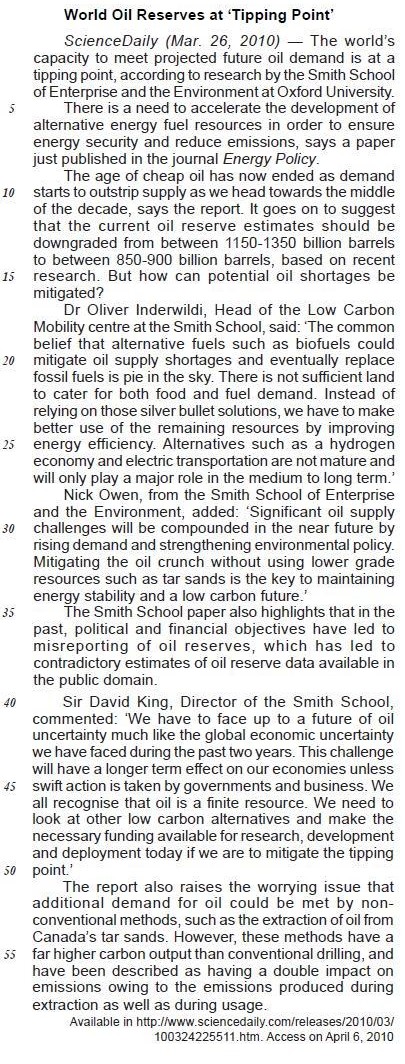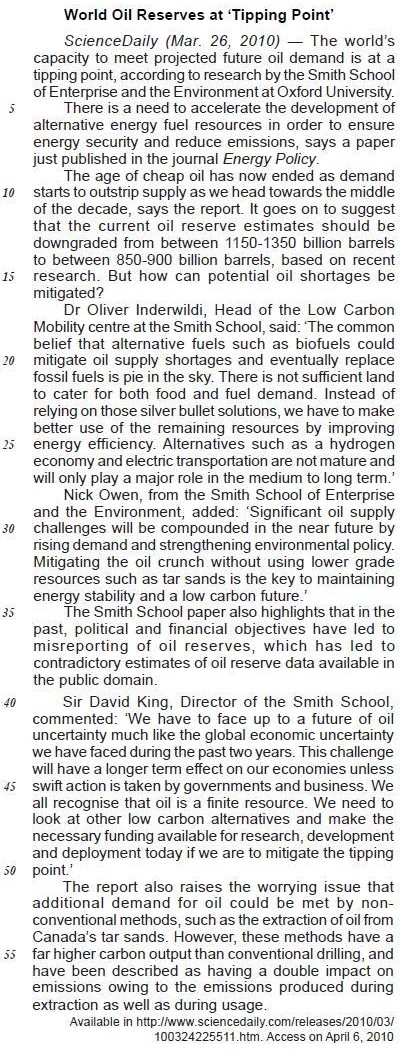In questions 46 to 50 you will be analyzing a series of reading activities that an EFL (English as a Foreign Language) teacher has prepared for her students in the 8th grade (8o ano do Ensino Fundamental).
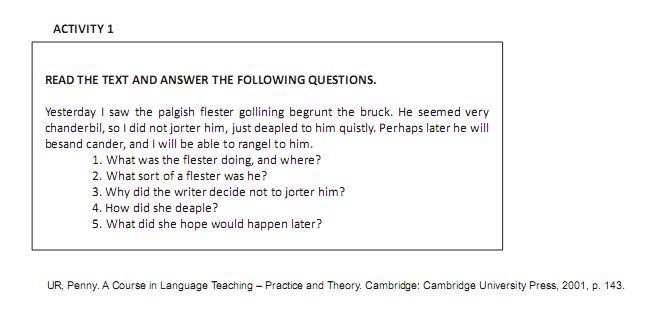
It can be said that Activity 1 can be described by all of the explanations below EXCEPT

The cartoon above is illustrative of the general essence of paragraph
According to lines 1 to 6, all the following issues are likely to be inherent in the tugboating business, EXCEPT
According to paragraph 3, when things finally get interesting, the tug captain
"I agree wholeheartedly with these transparency initiatives. I would also urge the IMF to keep going further forward particularly in regards to archives, as well as releasing country reports as part of a regular pattern of their activities, and to move to a system of releasing mandatory reports. In order for us not to repeat the same mistakes over and over again, we must be able to discern patterns from real world data. Secrecy is to be shunned since it promotes an imbalance in power and always leads to abuses.
" Rahim, on December 14th, 2009 at 12:41 am http://blog-imfdirect.imf.org/2009/09/17/freedom-of-imformation/ #comment-579
The comment above is in tune with Moghadam's ideas, because Rahim states that
Companies in the rich world are confronted with a rapidly
ageing workforce. Nearly one in three American workers
will be over 50 by 2012, and America is a young country
compared with Japan and Germany. China is also ageing
rapidly, thanks to its one-child policy. This means that
companies will have to learn how to manage older workers
better.
Most companies are remarkably ill-prepared. There was a
fl icker of interest in the problem a few years ago but it was
snuffed out by the recession. The management literature
on older workers is a mere molehill compared with the
mountain devoted to recruiting and retaining the young.
Companies are still stuck with an antiquated model for
dealing with ageing, which assumes that people should
get pay rises and promotions on the basis of age. They
have dealt with the burdens of this model by periodically
"downsizing" older workers or encouraging them to take
early retirement. This has created a dual labour marketfor
older workers, of cosseted insiders on the one hand and
unemployed or retired outsiders on the other.
But this model cannot last. The number of young people,
particularly those with valuable science and engineering
skills, is shrinking. And governments are raising retirement
ages and making it more diffi cult for companies to shed
older workers, in a desperate attempt to cope with their
underfunded pension systems.
Feb 4th 2010 | From The Economist print edition [adapted]
The text suggests that the governments of industrialized countries are
Text 1
Source:http://www.niallferguson.com/site/FERG/Templates/General. aspx?pageid=194
The Ascent of Money
Synopsis
Bread, cash, dosh, dough, loot: Call it what you like, it matters. To Christians, love of it is the root of all evil. To generals, it's the sinews of war. To revolutionaries, it's the chains of labour. But in The Ascent of Money, Niall Ferguson shows that fi nance is in fact the foundation of human progress. What's more, he reveals fi nancial history as the essential back-story behind all history. The evolution of credit and debt was as important as any technological innovation in the rise of civilization, from ancient Babylon to the silver mines of Bolivia. Banks provided the material basis for the splendours of the Italian Renaissance, while the bond market was the decisive factor in confl icts from the Seven Years' War to the American Civil War.
With the clarity and verve for which he is famed, Niall Ferguson explains why the origins of the FrenchRevolution lie in a stock market bubble caused by a convicted Scots murderer. He shows how fi nancial failure turned Argentina from the world's sixth richest country into an infl ation-ridden basket case - and how a fi nancial revolution is propelling the world's most populous country from poverty to power in a single generation.
Yet the most important lesson of the world's fi nancial history is that sooner or later every bubble bursts - sooner or later the bearish sellers outnumber the bullish buyers - sooner or later greed fl ips into fear. And that's why, whether you're scraping by or rolling in it, there's never been a better time to understand the ascent of money.
The fi ve words that open the text [Bread, cash, dosh, dough, loot] in paragraph 1 line 1 are
Text 2
Source: The New York Times November 11, 2009 [slightly adapted]
Trucks, Trains and Trees
By THOMAS L. FRIEDMAN
No matter how many times you hear them, there are some statistics that just bowl you over. The one that always stuns me is this: Imagine if you took all the cars, trucks, planes, trains and ships in the world and added up their exhaust every year. The amount of carbon dioxide, or CO2, all those cars, trucks, planes, trains and ships collectively emit into the atmosphere is actually less than the carbon emissions every year that result from the chopping down and clearing of tropical forests in places like Brazil, Indonesia and the Congo. We are now losing a tropical forest the size of New York State every year, and the carbon that releases into the atmosphere now accounts for roughly 17 percent of all global emissions contributing to climate change. [.]
"You need a new model of economic development - one that is based on raising people's standards of livingby maintaining their natural capital, not just by converting that natural capital to ranching or industrial farming or logging," said José María Silva, a conservation expert. Right now people protecting the rainforest are paid a pittance - compared with those who strip it - even though we now know that the rainforest provides everything from keeping CO2 out of the atmosphere to maintaining the fl ow of freshwater into rivers.
The good news is that Brazil has put in place all the elements of a system to compensate its forest-dwellers for maintaining the forests. Brazil has already set aside 43 percent of the Amazon rainforest for conservation and for indigenous peoples. Another 19 percent of the Amazon, though, has already been deforested by farmers and ranchers.
The writer 's view of Brazilian action shows
Text 3
Source: http://www.forbes.com/2009/10/12/brazil-etf-emerging-intelligentinvesting-markets.html
Buy Into Brazil
David Serchuk [For bes Magazine]
There's a lot to like about South America's biggest
economy. Hosting the Olympics and World Cup doesn't
hurt either.
Suddenly everyone is talking about Brazil. This makes sense considering that the colossus of South America out-hustled President Obama and his hometown of Chicago to land the 2016 Olympics. It has also benefi ted by being the "B" part of the BRIC group of emerging nations, in addition to Russia, India and China. It's an emerging power that some investors have just learned about, though the pros have been hip to it for some time.
From 2003 through 2007, Brazil ran record trade surpluses, and its gross domestic product, at $1.99 trillion, is the 10th largest in the world. It has large and well- developed agricultural, mining, manufacturing and service sectors, and its conomy is bigger than allother nations in South America combined. Brazil is expanding its presence in world markets and, as we have seen, the world's playing fi elds.
There are also some signifi cant drawbacks to Brazil. Despite its potent GDP, rampant income inequality means that its per capita wealth is 102nd in the world, slightly behind the global average and noted powerhouse Serbia. Brazil's richest 10% reaps 43% of its wealth; in the U.S. that number is 30%. Brazil's bottom 10% earns a minuscule 1.1%. Still, there is a lot to like here, and our industry observers are ready to buy.
Paragraph 1 of the text refers to Brazil's hosting of the 2016 Olympic Games as
According to paragraph 4 (lines 33-42), all the elements below result from the burning of fossil fuels, EXCEPT:
Dr. Oliver Inderwildi supports all of the following statements EXCEPT
In the text, 'contradictory estimates of oil reserve data available in the public domain.' (lines 38-39) refers to the fact that
An 18-Minute Plan for Managing Your Day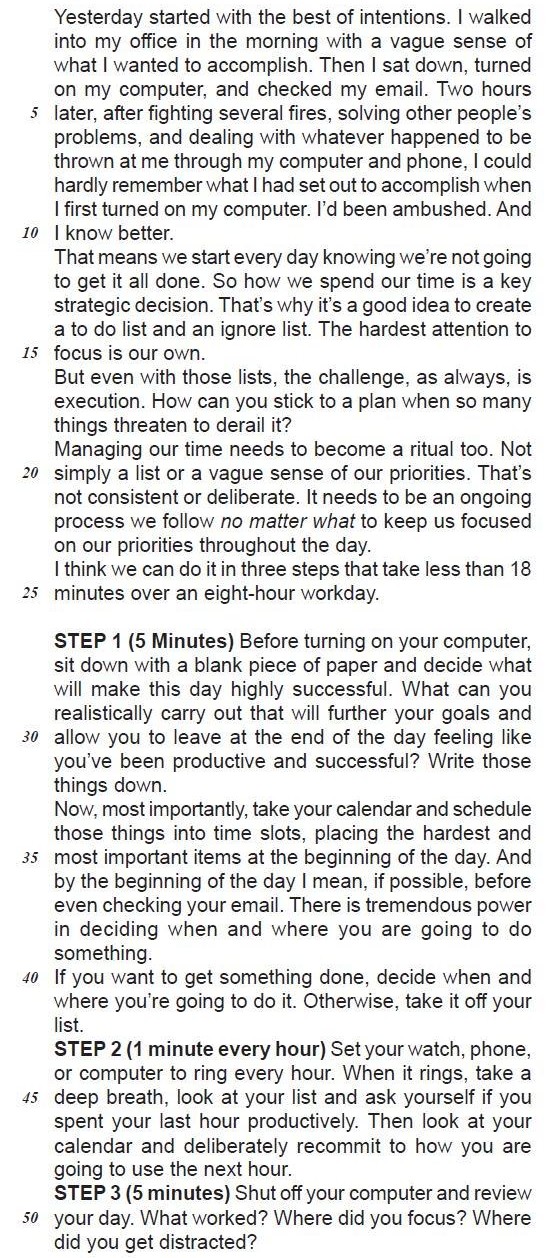
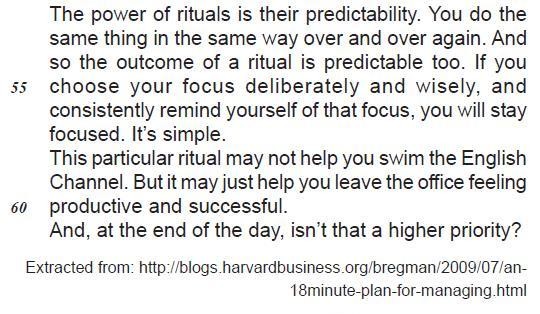
According to paragraph 1, the author had problems at work because he

